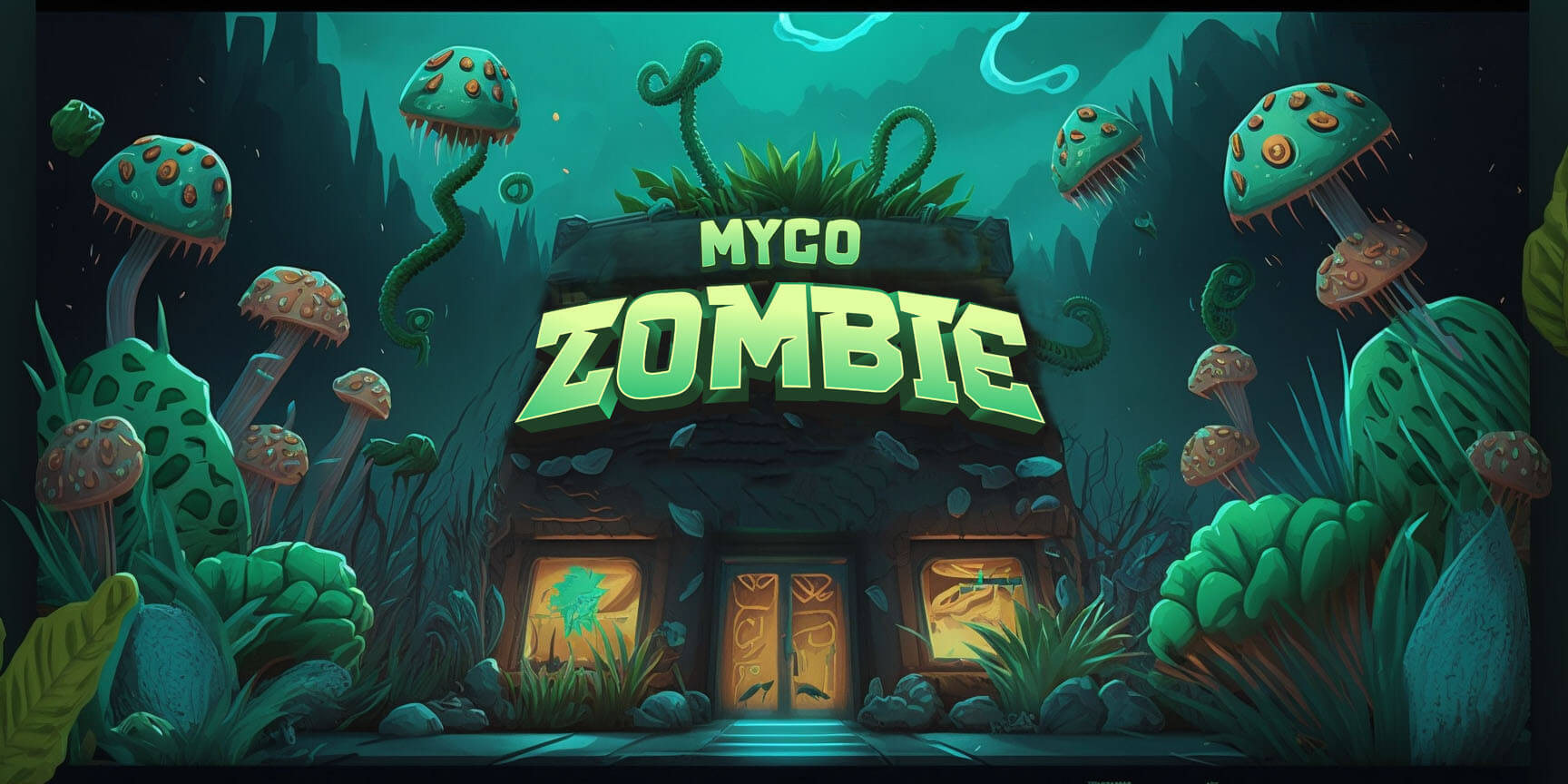- Most psychedelic retreats lack a formal code of conduct, leading to risks of misconduct and insufficient oversight.
- 98% of psychedelic use happens underground, complicating efforts for ethical regulation and participant protection.
- The criminalization of psychedelics discourages victims of abuse from reporting misconduct, fearing legal consequences.
- Experts stress the need for mandatory integration support, as poor post-retreat care can leave participants psychologically distressed.
- Advocacy groups like SHINE Collective and MA’AT are pushing for ethical standards, but lack centralized enforcement mechanisms.
Psychedelic retreats have soared in popularity as people seek alternative healing, self-discovery, and spiritual enlightenment. However, while these retreats promise personal transformation, they often operate without clear ethical frameworks or accountability systems. A lack of standard guidelines means that participants—who may be in vulnerable states—are left unprotected, with little recourse in cases of harm or misconduct. As the industry grows, the question arises: should psychedelic retreats implement a formal code of conduct to ensure safety and responsibility?
The Lack of a Code of Conduct in Psychedelic Retreats
Many psychedelic retreats function without shared ethical standards, leading to a "wild west" environment where misconduct can occur unchecked. Psychedelic ethics researcher Jules Evans highlights that, “Most [psychedelic] retreat centers don’t have ethics codes… [or] anywhere you can complain.” This absence of formal regulations leaves participants without protective mechanisms if they experience physical, emotional, or psychological harm.
Power Dynamics and Vulnerability
Psychedelic experiences can profoundly alter perception, emotions, and cognition, making participants highly susceptible to influence. Retreat facilitators hold significant authority over guests, guiding them through these altered states. Without explicit ethical guidelines, the inherent power imbalance can be exploited, leading to coercion, manipulation, and even abuse.
Reporting Issues and Lack of Accountability
Even when misconduct occurs, victims often have no formal channels for reporting it. Unlike licensed therapy settings, where oversight boards regulate practitioner behavior, most psychedelic retreats exist in legal gray zones. Without third-party monitoring or systems to investigate complaints, unethical behavior may continue unchecked.
The Risks of Unregulated Psychedelic Retreats
The underground nature of many psychedelic retreats has created environments where ethical lapses and safety issues thrive. Some of the most serious risks include
Sexual Misconduct and Exploitation
Accounts of facilitators abusing their positions have become distressingly common. Participants under the influence of psychedelics may experience heightened suggestibility, making them particularly vulnerable to abuse. Multiple reports detail cases where facilitators have manipulated participants into sexual encounters under the guise of "energy work" or "spiritual connection."
Psychological Harm
Psychedelics can trigger intense emotional and psychological experiences, sometimes leading to distressing thoughts, anxiety, or depersonalization. Without trained personnel and structured post-trip care, individuals may suffer long-term mental health challenges without support.
Medical Emergencies
Not all psychedelic retreats have adequate medical safety protocols in place. Unlike clinical trials or hospital settings, where trained professionals monitor psychedelic experiences, retreats may lack medical personnel to address adverse reactions such as panic attacks, severe dissociation, or physical health crises.

How Prohibition Contributes to Ethical Challenges
An estimated 98% of psychedelic use occurs underground, according to research by Rick Doblin, founder of the Multidisciplinary Association for Psychedelic Studies (MAPS). Because most retreats operate in legal gray areas—or outright illegally—there is no standardized regulatory body overseeing best practices.
Legal Barriers to Reporting Abuse
Even when participants experience harm, they are hesitant to report it due to fear of legal consequences. Attorney Allison Hoots explains that victims who want to report abuse may worry about exposing not only themselves but their entire community to prosecution. This situation results in
- Silence and suppression of misconduct cases
- A lack of justice for victims
- A continued environment of risk and impunity
Victim-Blaming and Stigma
Because psychedelics remain illegal in many regions, participants who report harm are sometimes blamed for “taking the risk.” This victim-blaming narrative discourages individuals from speaking out about misconduct, reinforcing cycles of abuse.
Organizations Advocating for Ethical Standards
Despite the challenges posed by legal restrictions, several advocacy organizations have emerged to support survivors and push for greater accountability in psychedelic spaces. These include
- SHINE Collective: Provides direct support to individuals who have experienced harm in psychedelic settings.
- Matriarchal Alliance for Accountability and Transparency (MA’AT): Focuses on addressing and preventing sexual misconduct within psychedelic circles.
While these groups offer essential services, they lack the enforcement power of regulatory agencies, meaning that accountability largely depends on voluntary compliance from retreat operators.
The Importance of Integration Support
One of the most overlooked ethical concerns in psychedelic retreats is providing participants with proper integration support. Psychedelic experiences can be emotionally overwhelming, and without guidance, individuals may struggle with confusion, anxiety, or existential distress long after the retreat ends.
Jules Evans stresses the importance of integration, stating
“My ideal would be [that] however people do psychedelics… at a retreat, in a guided session, underground or overground, they get told beforehand, ‘if you feel worse afterwards, here’s a place you can go for expert advice.’”
Organizations like The Zendo Project provide critical post-experience counseling and harm reduction strategies, helping participants make sense of their psychedelic journeys. However, not all retreats prioritize integration services, leaving many individuals without necessary guidance.

Potential Ethical Guidelines for Psychedelic Retreats
To enhance safety and ethical responsibility, a comprehensive code of conduct for psychedelic retreats could include
- Informed Consent – Retreats should provide detailed explanations of risks, expectations, and safeguards before administering psychedelics.
- Qualified Facilitators – Retreat leaders should have formal training in psychology, trauma-informed care, and crisis management.
- Oversight and Reporting Mechanisms – Participants should have access to independent review boards for complaints and ethical violations.
- Sexual Boundaries and Abuse Prevention – Retreats must enforce strict anti-exploitation policies and clear consequences for misconduct.
- Mandatory Integration Support – Post-trip counseling, emotional support networks, and follow-up resources should be standard practice.
By implementing ethical guidelines modeled after best practices in therapy, psychedelic retreats could significantly reduce the risk of harm while increasing participant well-being.
Can Psychedelic Communities Effectively Self-Regulate?
A key debate within the psychedelic space is whether self-regulation is sufficient, or if government-enforced oversight is necessary.
Advocates like Allison Hoots argue that self-regulation is essential for underground communities, stating
“Self-regulatory systems of accountability are essential in underground psychedelic communities.”
However, self-enforced ethical codes are only as strong as the leaders willing to abide by them. Without external oversight, unethical retreats may continue to operate unchecked.
The Future of Ethical Psychedelic Retreats
As psychedelic retreats continue to grow in popularity, the absence of a formal ethical framework poses serious risks. A structured code of conduct could help establish safety standards, set clear boundaries for facilitators, and ensure that participants receive post-trip support. Whether these reforms come from within the community or through external regulation, one fact remains clear
Ethical accountability in psychedelic retreats can no longer be ignored.
Citations
- Doblin, R. (2024). Public discussion on accountability in psychedelic spaces. Holomind Institute.
- Evans, J. (2024). Reporting on ethical misconduct in psychedelic circles. Ecstatic Integration.
- Hoots, A. (2024). Legal challenges in psychedelic accountability. Sacred Plant Alliance.
- SHINE Collective & Matriarchal Alliance for Accountability and Transparency (MA’AT). (2024). Advocacy for survivors of psychedelic harm.
- Zendo Project. (2024). Psychedelic integration support and harm reduction strategies.




